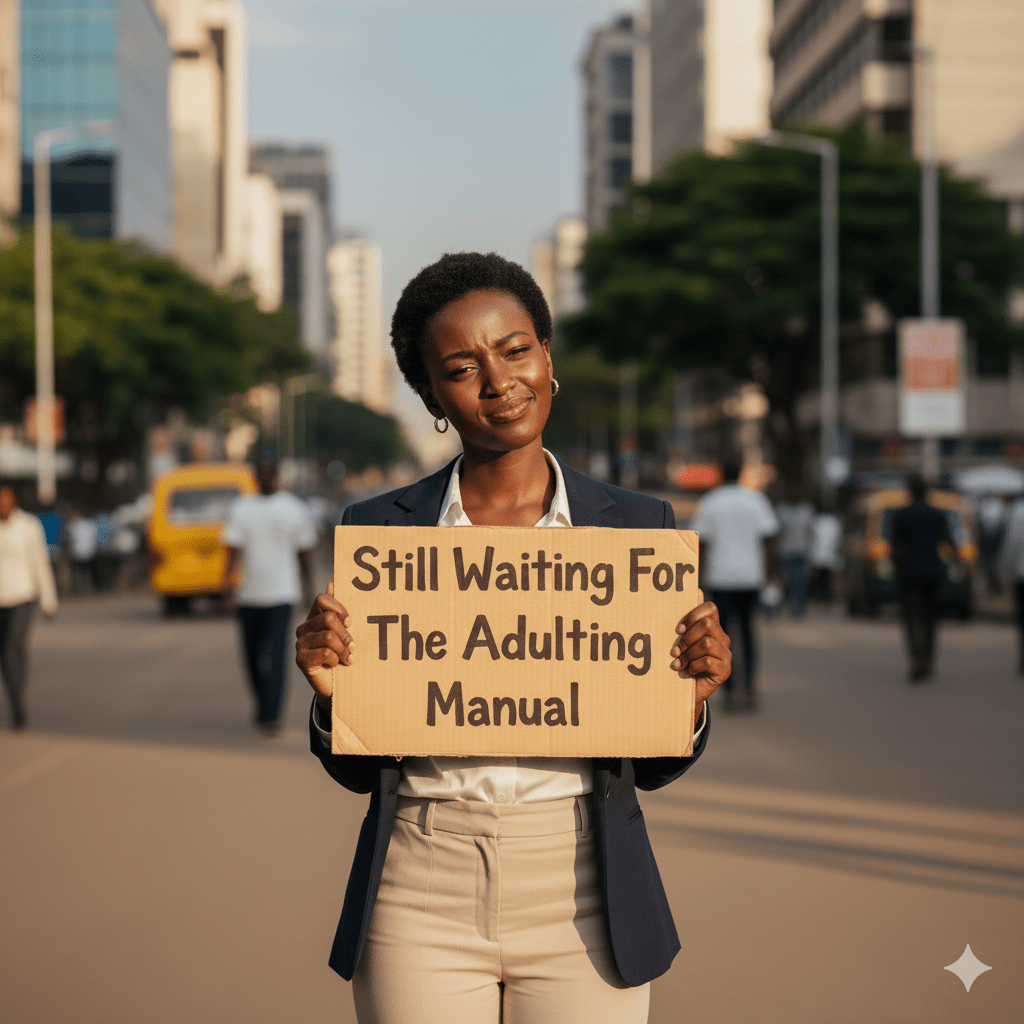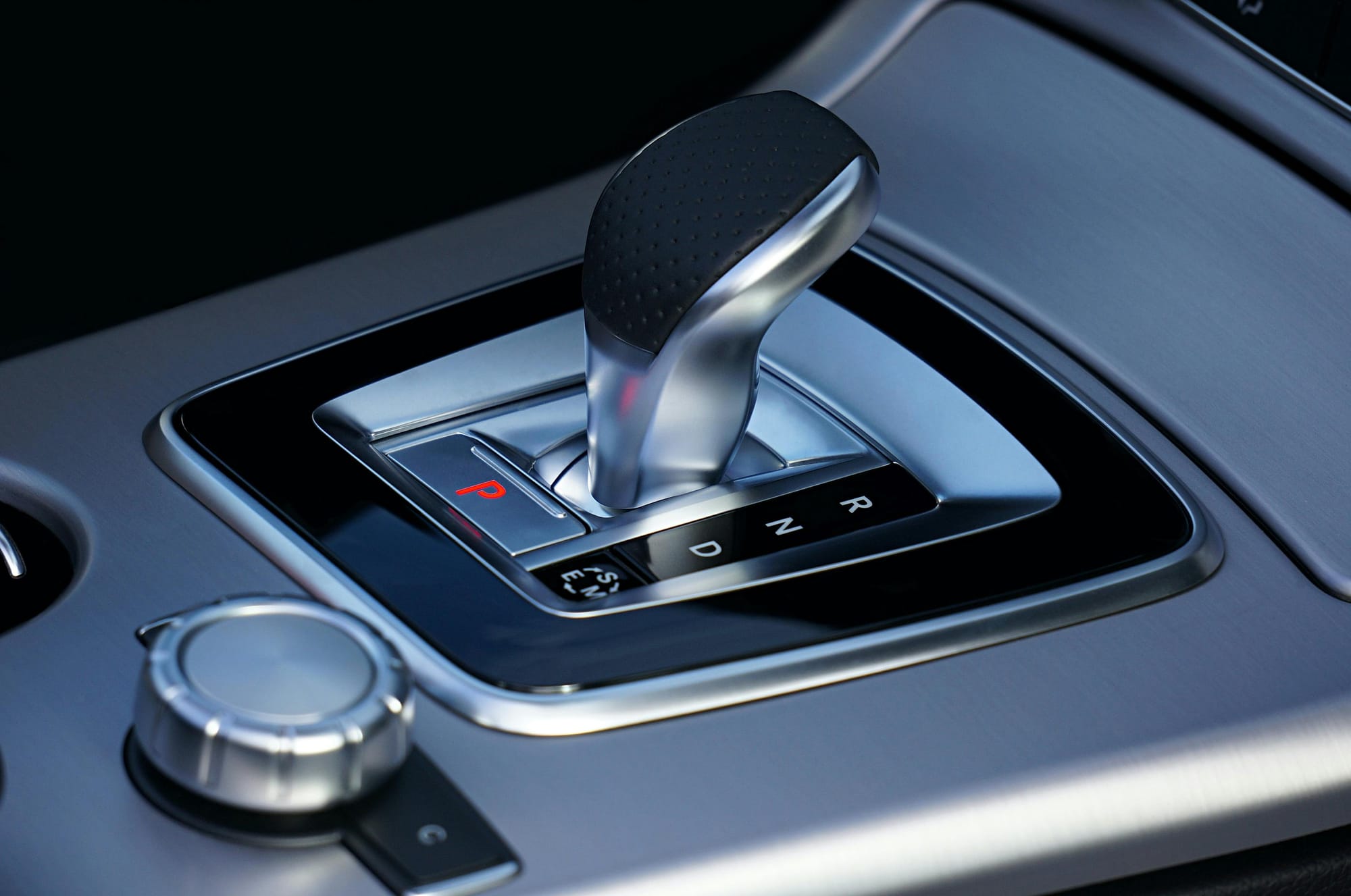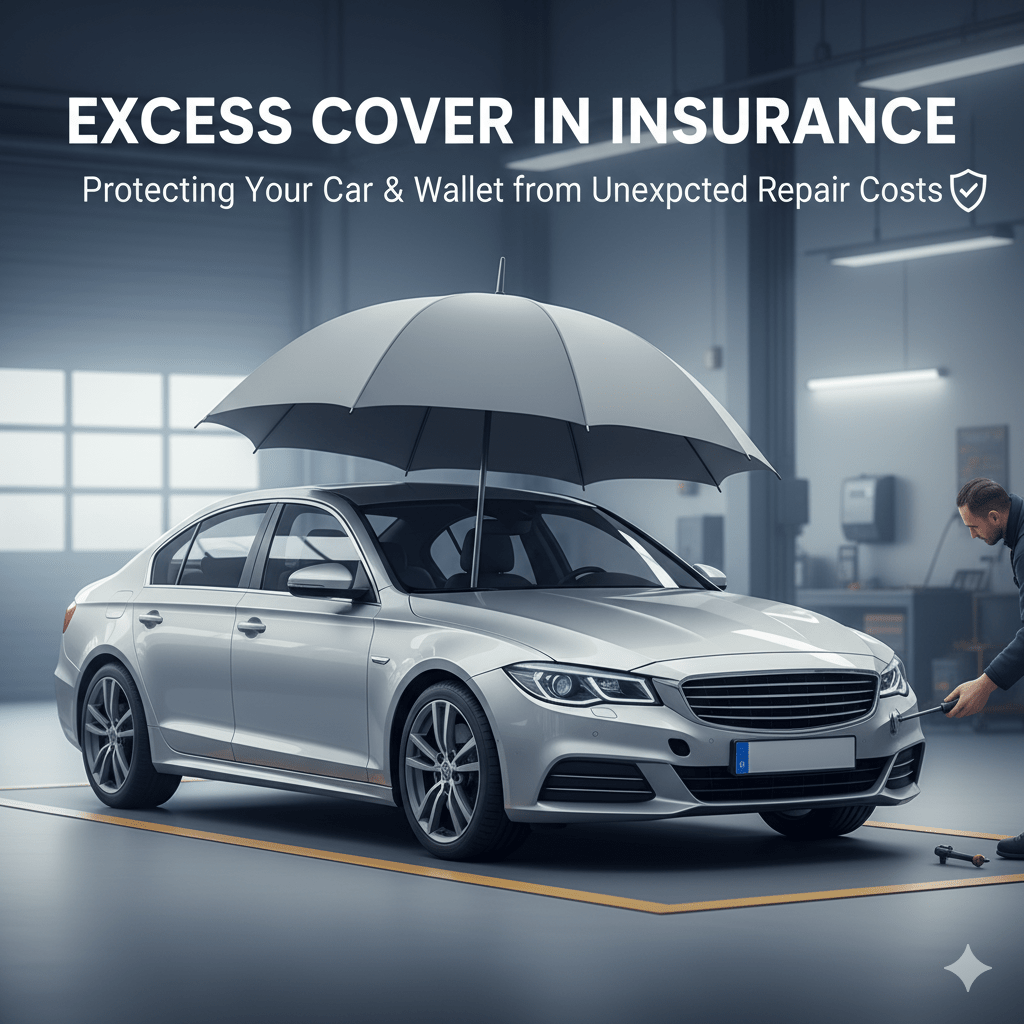Buyer Beware! How To Spot A Used Accident Car Before Purchase in Nairobi, Kenya

When purchasing a used car in Nairobi, it's essential to verify that the vehicle hasn't been involved in a significant accident, as this can greatly affect its safety, performance, and overall value. Here are steps and checks to help you determine if you're buying a car that's been in an accident:
Steps to Identify if a Car Has Been in an Accident
Check the Car's History Report:
- Utilize online services such as NTSA's TIMS (Transport Integrated Management System) to review the vehicle's history.
- Search for records of previous accidents, repairs, or insurance claims.
- Insist on a valuation report before making an offer on the vehicle. We suggest Regent Valuers because they do a lot of work for banks and insurance companies thus they are professional and work with integrity. Sellers may not like them because their valuation reports are quite thorough. As you read through the valuation report, look for the various items below.
Inspect the Exterior:
- Paint Job: Look for inconsistencies in paint color and texture. Repainted areas might indicate previous body repairs.
- Panel Gaps: Inspect for uneven gaps between body panels (doors, bonnet, boot). Misaligned panels could suggest past damage.
- Rust and Corrosion: Check the undercarriage and inside the wheel wells for rust or corrosion, which can result from subpar repair work.
- Welds and Bolts: Look for new or uneven welds and bolts that are mismatched or freshly painted, as these may indicate replaced parts.
Inspect the Interior:
- Airbags: Ensure the airbags are intact. Check the dashboard for any signs of tampering where airbags deploy.
- Seatbelts: Examine seatbelts for fraying or signs of replacement, which could indicate a severe accident.
Check the Frame and Chassis:
- Frame Alignment: Look underneath the car for signs of damage to the frame or chassis. Bent or damaged sections may indicate a major collision.
- Suspension and Steering Components: Inspect these parts for any signs of damage or replacement.
Examine the Engine Compartment:
- Radiator Support: Check for signs of replacement or repair.
- Fluid Leaks: Look for leaks from the engine, transmission, or cooling system.
Test Drive: - Handling: Observe how the car handles, especially if it pulls to one side, which can indicate alignment issues.
- Noises: Listen for unusual noises that could indicate problems with the suspension or other components.
Professional Inspection:
- Mechanic's Inspection: Have a trusted mechanic conduct a thorough inspection. A professional can identify signs of previous accidents that you might overlook.
- Body Shop Evaluation: Take the car to a reputable body shop for an assessment. They can detect signs of bodywork and repairs.

Checklist for Identifying an Accident Car
- Paint and Bodywork:
o Inconsistent paint colors or textures.
o Uneven panel gaps.
o Signs of rust or corrosion in unexpected areas.
o Freshly painted bolts or mismatched bolts. - Structural and Frame:
o Signs of damage or repair to the frame or chassis.
o Uneven or new welds.
o Bent suspension or steering components. - Interior:
o Airbag covers and dashboard tampering.
o Seatbelt condition and signs of replacement. - Engine Compartment:
o Radiator support repairs.
o Fluid leaks or unusual wear and tear. - Professional Assessments:
o Mechanic's comprehensive inspection report.
o Body shop evaluation for hidden damage. - Documentation and History:
o Vehicle history report from NTSA TIMS.
o Service and repair records.
o Valuation report(current as possible)
Additional Tips
- Seller's Reputation: Purchase from reputable dealers or sellers with positive reviews and a history of transparent transactions.
- Ask Questions: Inquire directly about the car's history, any accidents, and repairs.
- Trust Your Instincts: If something seems off about the car or the deal, it's better to walk away.
By following these steps and performing these checks, you can better ensure that you are not buying a car that has been in an accident, thereby protecting your investment and safety.
We understand that purchasing a vehicle can be a significant financial commitment. At Kifedha, we offer a range of car finance options to help make your dream car more accessible. Whether you need a long-term financing plan or a short-term loan, our expert team will work with you to find a solution tailored to your unique needs and budget.
Get in Touch To explore flexible and reliable car finance loans tailored to your needs, contact Kifedha Limited through our contact form, call us on +254791573231 or visit one of our branches to explore financial opportunities.




Comments ()